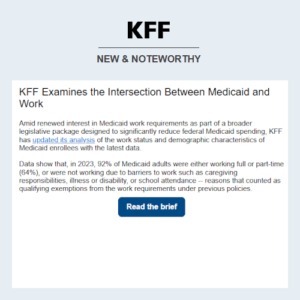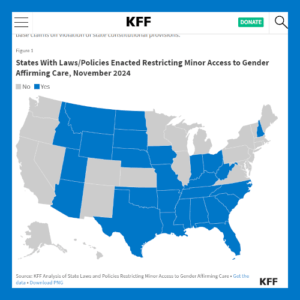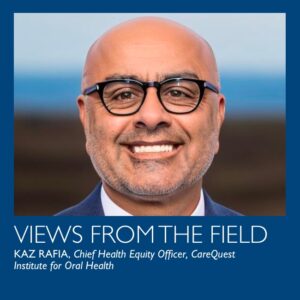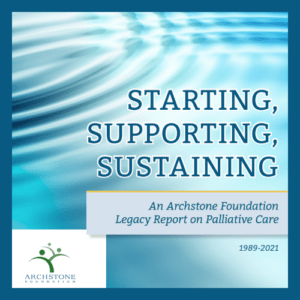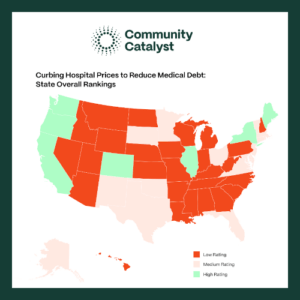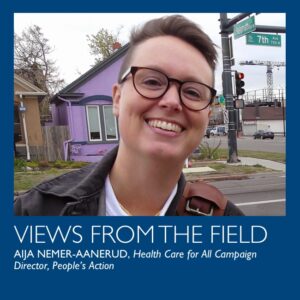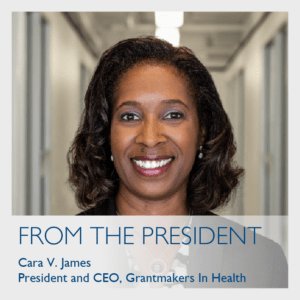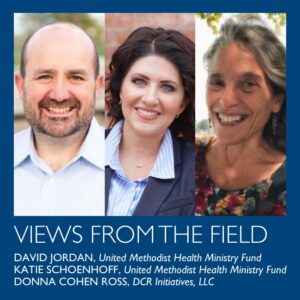Upcoming Events
Past Events
Featured Resources
Data Show That The Majority of Adult Medicaid Enrollees are Working
Amid renewed interest in Medicaid work requirements as part of a broader legislative package designed to significantly reduce federal Medicaid spending, KFF has updated its analysis of the work status and demographic characteristics of Medicaid enrollees with the latest data.
Youth Access to Gender Affirming Care at the Supreme Court: What to Know
Ahead of December 4 arguments in a Supreme Court case (U.S. v. Skrmetti) challenging the constitutionality of Tennessee restrictions for gender affirming care for minors, KFF explores the background of the case and potential rulings.
Explore Access and Quality Topics
Latest Resources
Blue Cross Blue Shield of Massachusetts Foundation: April 2025
The Blue Cross Blue Shield of Massachusetts Foundation released a chart pack that describes the potential threats to subsidized health insurance coverage and financing in Massachusetts under the new federal administration.
Episcopal Health Foundation: March 2025
Almost two thirds of Texans say they skipped or postponed some form of health care in the past year because of cost, while major health concerns like diabetes and obesity continue to grow. Those are just a few of the results from the annual Episcopal Health Foundation (EHF) statewide poll on health care access and affordability in Texas.
Data Show That The Majority of Adult Medicaid Enrollees are Working
Amid renewed interest in Medicaid work requirements as part of a broader legislative package designed to significantly reduce federal Medicaid spending, KFF has updated its analysis of the work status and demographic characteristics of Medicaid enrollees with the latest data.
Medicaid Managed Care Contracts are a Powerful Tool for Change; Philanthropy has a Role to Play
As a foundation, the mission of the United Methodist Health Ministry Fund is to improve the health of all Kansans. Our success, in large measure, depends on investments we make in advancing positive policy and systems changes that affect the state and communities. So, with large numbers of the state’s most vulnerable people relying on Medicaid for health coverage and care, we focus on leveraging the opportunities this program offers to sustain improved health outcomes and make progress on health equity.
Publications and Reports
For the Benefit of All: Ensuring Immigrant Health and Well-Being
Immigrants and their families contribute to the diversity and economy of the nation, contributing to vibrant, productive, and healthy communities. Yet, immigrants face several barriers to health and well-being. Some result from being disproportionately low income and uninsured; others are unique, such as cultural and linguistic barriers; limited eligibility for public benefits; and bearing the brunt of unwelcoming public views, attitudes, and policies.
Medicaid: Vital to Women’s Health
Although Medicaid is not usually perceived as a women’s health program, it covers critically important medical care for 12 million American women. Grantmakers with a focus on women’s health are paying close attention to proposals to restructure the Medicaid program, which could have major implications for low-income women’s access to health care services.
Getting Prescription Drugs to Those Who Need Them Most
There are major changes taking place in the way elderly and disabled people pay for prescription drugs. These changes are being ushered in by the new Medicare law, which, if it lives up to its promise, will be incredibly helpful to some of the most vulnerable members of our society. What are the details of the new law? How many people will it affect? How will low-income people be assisted? What are the implementation challenges? How are they being addressed by the federal government? What can grantmakers do to help?

